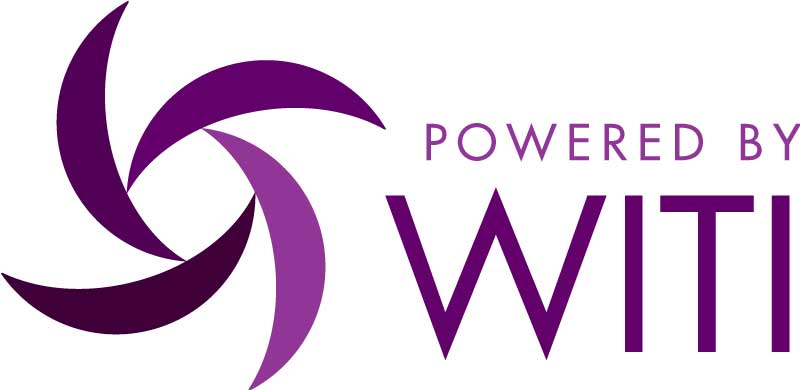Relational versus Individualistic Workstyles

How contrasting work styles impact the interview process for promotions
By Ashley Feltner
Have you ever had an excellent interview for an internal promotion and known you were highly qualified, yet not received the offer?
Statistically, this covers a large majority of the population. An average of 10 internal candidates apply for every newly posted position in larger organizations – this number coming from the Harvard Business Review in late 2021.
If you’ve ever been through an internal promotion process, you know it is stressful and competitive. But as a woman going through this process, it seems that the interview hurdle is even bigger. According to a recent study from Yale and MIT, women consistently score higher ratings in annual reviews than their male counterparts, yet consistently receive lower ratings around future potential, resulting in fewer women being promoted into leadership.
Why? Is it a type of bias? The Glass Ceiling 2.0 team (comprised of professionals from Women in Technology International and its network) looked for answers to this question and what we found was interesting.
Our Findings
Initial research led us to possibly unconscious – or maybe even conscious bias. And we learned that “bias” in the workplace can be a misinterpretation of a skill set that just happens to be very different from our own. Some competencies or work styles are not always understood and are frequently categorized as incompetence, a slower work pace, or a lack of focus. And, this is often not the case; our different skill sets are just that – they are different.
To dive into the issue – we are going to start with a few definitions.
Take the term bias, the dictionary defines bias as – a settled and often prejudiced outlook, conscious or unconscious assumptions.
When we look at how this manifests in the workplace – bias is often seen when a competency or skill set is misunderstood and therefore classified as incompetence or a deficit. This may be what is happening to some women in the interview process for an internal promotion.
To illustrate how this might happen, we can look at Individualistic and Relational Competencies – and you may see yourself in one of these descriptions:
- Those who operate under an individualistic competency prioritize the needs and goals of the individual project or the specific issue at hand. The individualistic goal is to solve a problem or meet an immediate need quickly. You may often hear – just “get it done.”
- Those who operate with a relational competency identify and prioritize interdependencies and future roadblocks. The relational goal is to pull the needs of parallel groups and projects into strategic planning. You often hear: Let’s take a step back and make sure we “get it done right.”
I want to stress that neither style here is better. Both are needed to optimize progress.
We need a non-linear approach and inclusive work style of the relational competency. They naturally recognize interdependencies and work to include the human experience.
We also need the direct, logical, and data-driven approach of the individualistic competency. They naturally drive to execute and negotiate. We need both for success.
Circling back to where we started: when a hiring manager or leader misinterprets a skill set vastly different than their own, a conflict may arise. The future potential of an individual may be misjudged or wrongly evaluated. A misinterpreted competency may cost that person a promotion.
Our suggestion for leaders and organizations is to add this type of training to your current curriculum. Train all leaders, managers, and future leaders on how to accurately evaluate and grow diverse skill sets.
For additional information on individualistic and relational competencies, you may download the Glass Ceiling Report 2.0 or visit:

